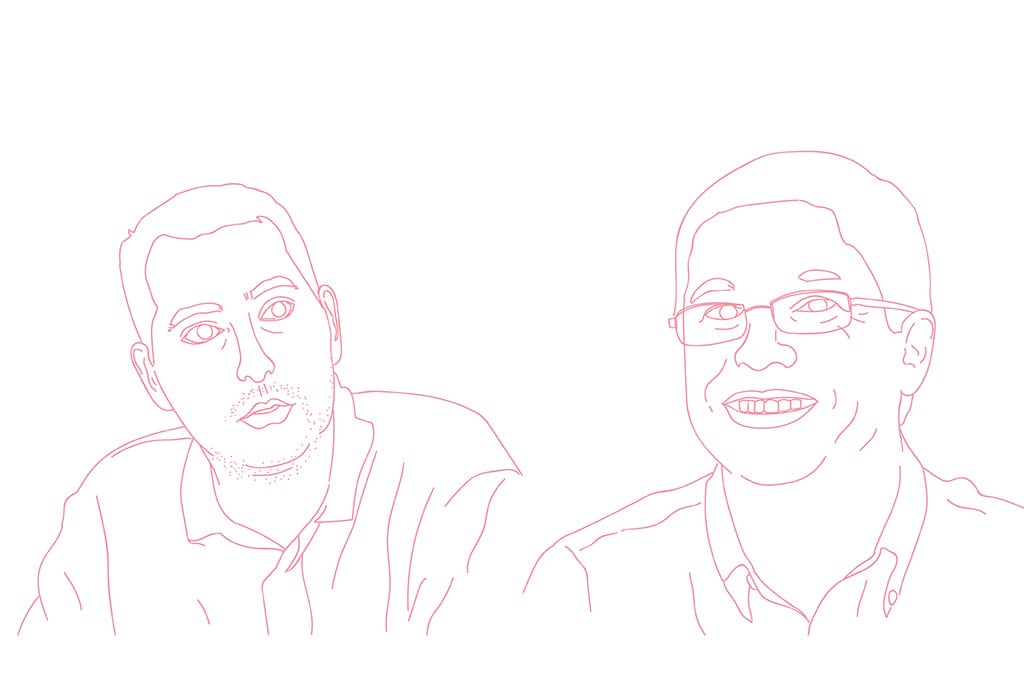Oral History of Online Travel: How Decolar Built an Online Booking Brand Offline

Skift Take
In the late 1990s and early 2000s, when Decolar approached local airlines to forge partnerships, the carriers just didn't appreciate what the site was trying to do. But Decolar, which has its struggles today, indeed outlasted many of those airlines.
Skift launched its largest and most ambitious project yet, The Definitive Oral History of Online Travel, on June 1.
In nearly 40,000 words founders, CEOs, other executives and insiders tell a story in their own words about the creation of Internet giants such as Expedia, Priceline, Travelocity, Orbitz, TripAdvisor and more.
Not all of the interviews fit into the big story so we are publishing standalone stories that offer deeper insight into information we collected during the three-month research process.
Argentina-based online travel agency Decolar, which counts Brazil as its largest market, was founded in 1999 at a time when just about all airline or hotel bookings were made in a brick-and-mortar office, on the phone, or at the hotel and airport.
When Decolar started dabbling with selling airline tickets online, there was a lot going on behind the scenes and even in subsequent years it was common for customers to visit Decolar offices to verify that the company really existed or to make changes in payment methods.
"For example, after the customers finalized the process to buy online -- a ticket, for example -- we had to check with the GDS [global distribution system] in Sabre or Amadeus to see if everything was OK with the booking," says Bob Rossato, who was a corporate service manager for Decolar and sister brand Despegar for six years beginning in 2001.
"Then we had to call to each customer to request some information about his or her credit card," Rossato recalls. "Every customer had to send to us the documentation filled out in a form,

